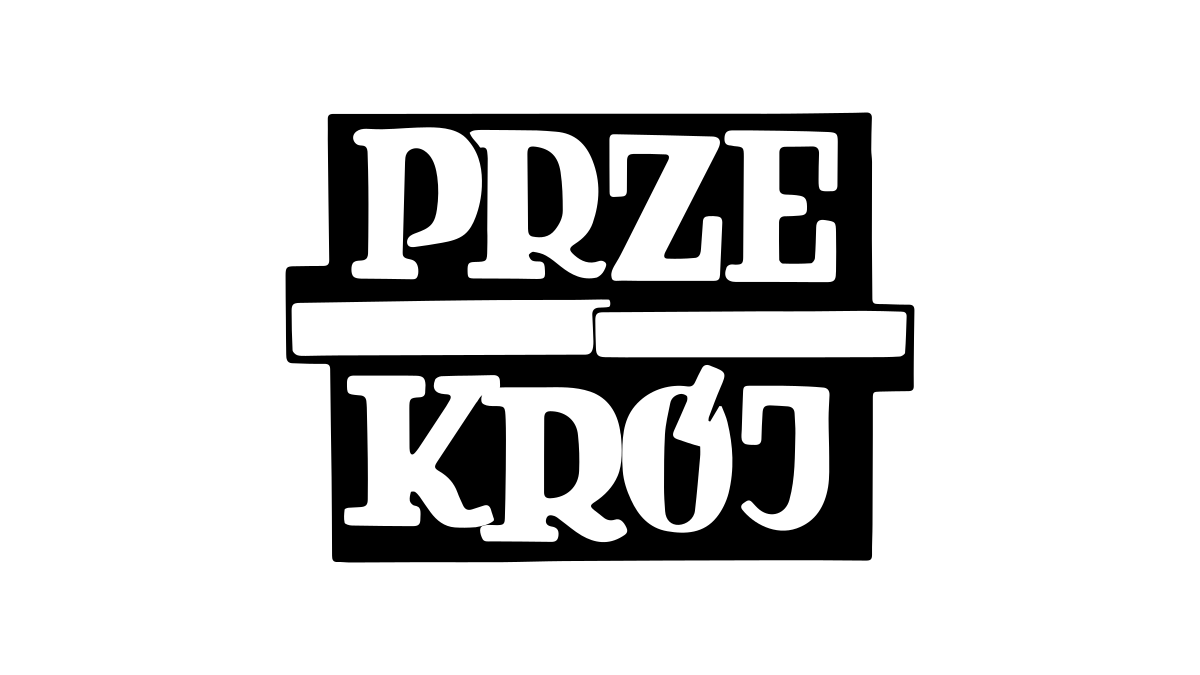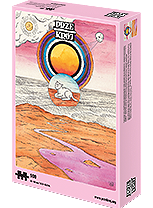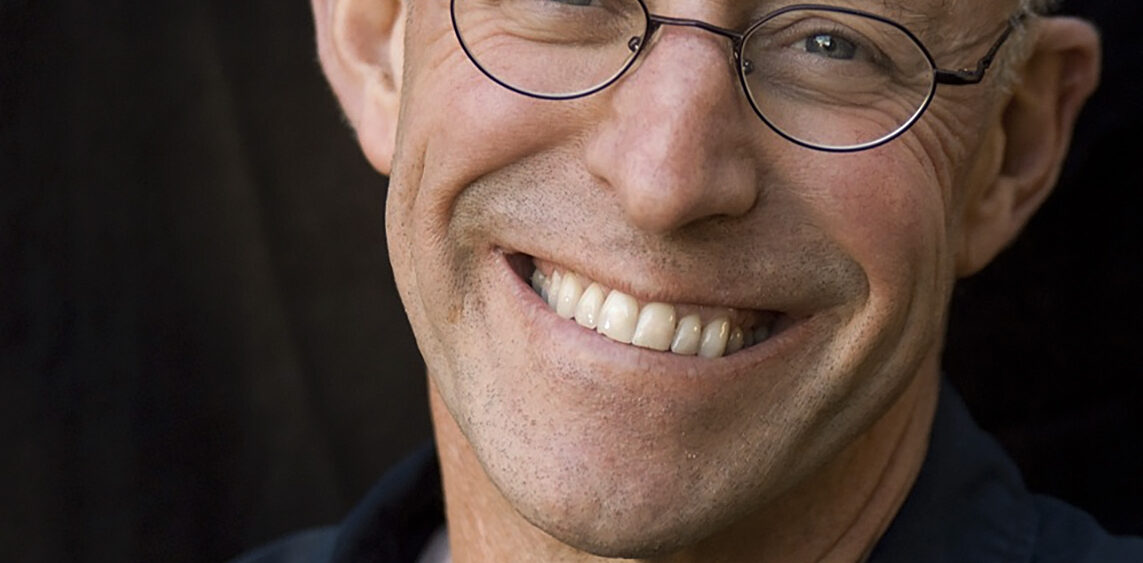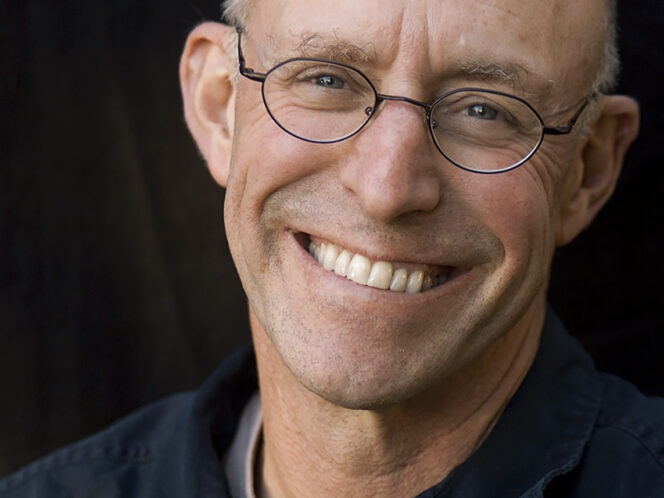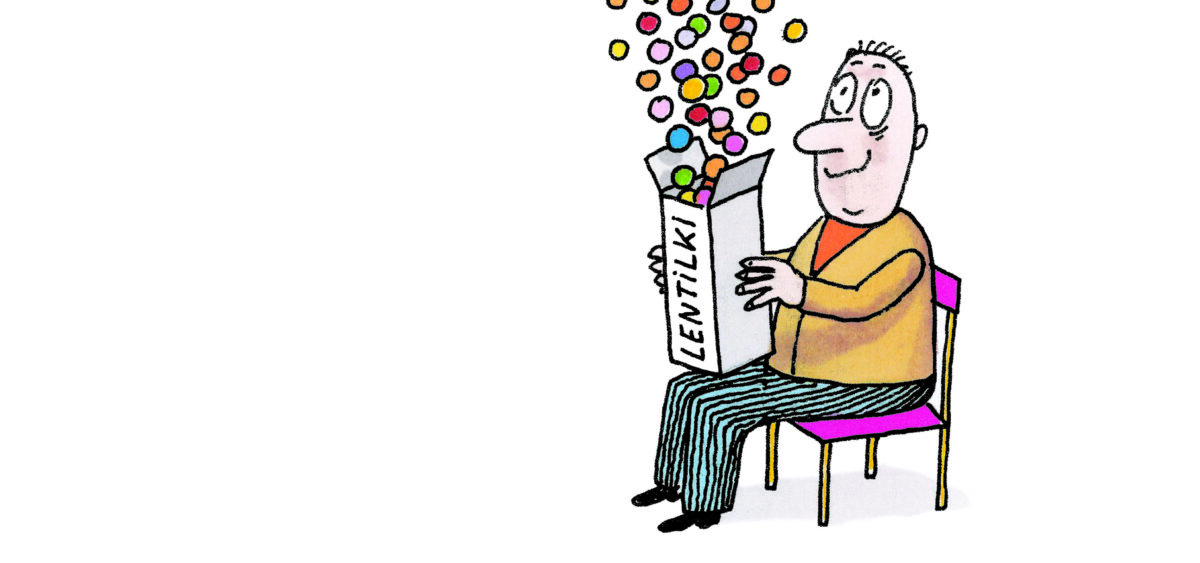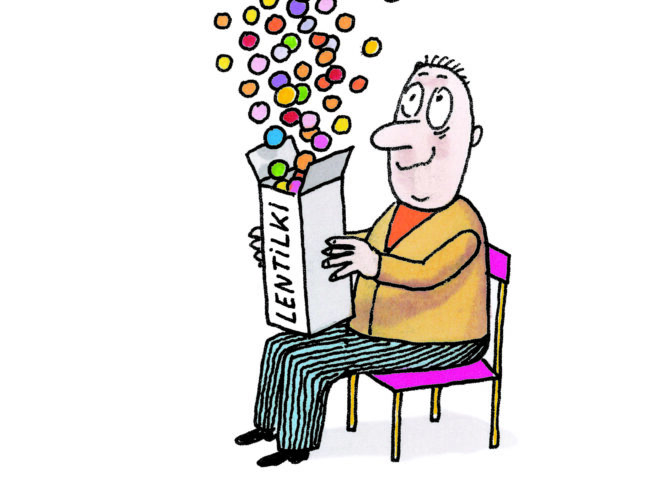
A psychedelic trip can reorient everything we think about ourselves and the world around us. It can enable us to step outside the stories that we create about ourselves and in which we are sometimes, quite literally, trapped. Michael Pollan, a man who certainly knows what he is talking about, is interviewed by Tomasz Stawiszyński.
I reach Michael Pollan’s office at Harvard University’s Department of English well ahead of time, as is usual in such cases. While waiting for him to arrive, I take another look through my notes and some highlighted passages in his most recent book, entitled How To Change Your Mind: The New Science of Psychedelics.
It is no coincidence that from the outset this book has been surrounded by sensation. A serious member of the research staff at the world’s top universities, an author of many bestselling books, named among the 100 most influential people by Time magazine, has written a book about… narcotics. And as part of his research for the book, he took those very substances himself on several occasions. Obviously, the book includes a detailed account of what he experienced.
All right, we’re not talking about narcotics in the strict sense of the word. At least not ones we should be really afraid of. The drugs described in Pollan’s book, though still commonly banned and available only to specialists, have been used for years and have brought surprising results in the treatment of depression, addiction, anxiety and obsessive-compulsive disorders. Their medical applications are currently the subject of trials at top research centres such as Johns Hopkins University and UCLA. The results are more than promising.
These substances are, of course, psilocybin and LSD, powerful hallucinogenics referred to as psychedelic drugs (or as the Greek origin of the word suggests, substances that are ‘mind-revealing’). They elicit classic mystical-style experiences – a sense of oneness with the universe, an all-encompassing love, the dissolution of one’s ego in a universal consciousness that transcends individuality. Interestingly, such experiences turn out to have excellent therapeutic effects.
Pollan has tested the drugs on himself. A number of times. He claims that the effects were spectacular.
“Does this really mean,” I think, “that I’m about to meet a true mystic? A man at one with the universe, who does not fear death? Someone who has broken through the gates of perception?”
For now, however, the meeting should have started 30 minutes ago, and Pollan is still not here. After 60 minutes, I get quite anxious. What if he doesn’t show up? What if my entire journey to Boston proves to be a waste of time?
When he does finally arrive, he’s clearly surprised that I’m already there, waiting for him. A moment later, he apologizes and explains that he noted down the hour of our meeting according to California time, where he spends half of the year, teaching courses at the University of California, Berkeley.
“That’s okay,” I say when we walk into his office and sit at the table. “After all, psychedelic experiences show clearly that everything is relative and our individual identity is an illusion. So it’d be hard to say that punctuality is the most important thing in the world.”
Tomasz Stawiszyński: So, is love the most important thing?
Michael Pollan: [laughs]. Yes! It is, actually!
